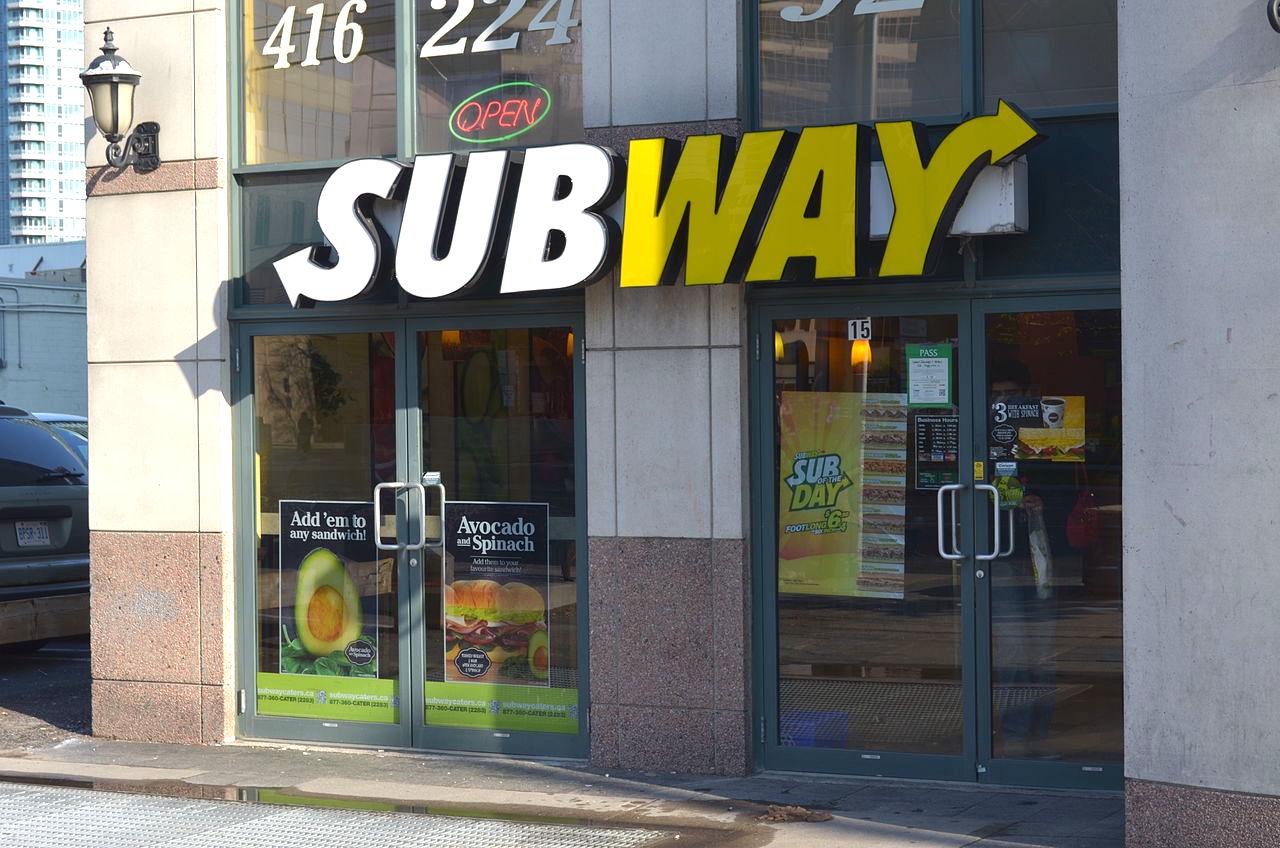
Subway’s culture presents a workplace where employees are motivated to achieve high performance while enjoying their jobs. This company culture also helps in accounting for stakeholder interests in strategies for the quick-service restaurant business. Also, the desirable human resource qualities resulting from this work culture strengthen the business competencies and competitive advantages identified in the SWOT analysis of Subway. The traditions, customs, philosophy, core values, and behavioral expectations that come with this organizational culture provide human resource support for managerial decision-making and strategic implementation for growing the fast-food restaurant chain. Subway’s company culture is a determinant of competitiveness and success in positioning the business.
The benefits of Subway’s organizational culture improve long-term business performance despite aggressive competitors, like McDonald’s, Burger King, and Wendy’s, as well as Starbucks and other foodservice firms. These firms are responsible for the strong force of rivalry shown in the Five Forces analysis of Subway. The company’s work culture helps mitigate the adverse effects of competition in the saturated foodservice market.
Traits of Subway’s Culture
Subway’s work culture promotes effectiveness and excellence, as well as job satisfaction. The social environment based on the company’s organizational culture encourages business development while addressing employee morale and responsibility. The following are the traits of Subway’s culture:
- Boldness
- Accountability
- Excellence
- Fun
- Diversity and inclusion
Boldness. Subway’s company culture promotes a healthy degree of risk-taking behaviors among workers. Boldness encourages the company’s human resources to develop new ideas and solutions to problems in the workplace and strategies for opportunities in the foodservice market. This cultural trait motivates employees to contribute to innovation and product development efforts implemented through Subway’s competitive strategy and growth strategies. Through this trait of the organizational culture, the company achieves business competitiveness and profitability when offering new food and beverage products.
Accountability. Subway’s work culture motivates employees to adopt accountability and responsibility in their actions. Accountability promotes ethical decisions in the submarine sandwich business. This characteristic of the company culture inspires behaviors that contribute to Subway’s stakeholder management, sustainability, and other ESG/CSR goals. For example, managers are held accountable for the effects of their decisions on stakeholders, such as target consumers in the fast-food market. This trait of Subway’s business culture helps prevent and minimize legal issues in foodservice operations.
Excellence. The satisfaction of high standards is among the benefits of Subway’s corporate culture. This cultural emphasis on excellence motivates workers to perform better and to increase the company’s success in the international fast-food restaurant industry. Thus, this cultural trait enhances work performance and the fulfillment of Subway’s mission and vision through excellence in quality and other variables for assessing the fast-food restaurant chain. This factor of excellence also means that the organizational culture helps in ensuring the quality of the company’s food service.
Fun. Employee morale and work-life balance are considered through this trait of Subway’s culture. To support this cultural trait, the company’s human resource management designs jobs and training programs that involve meaningful and enjoyable social interactions at offices and restaurants. With its work culture, Subway motivates teams and leaders to maintain positive work relations that contribute to job satisfaction. Having clean and productive fun in the workplace also helps prevent conflicts and improves the quality of food service.
Diversity and inclusion. Subway’s work culture promotes diversity and inclusion in human resources. Employees account for different perspectives and the diversity of target customers in the foodservice market. The organizational culture supports diverse perspectives that approximate the diverse market conditions and trends identified in the PESTEL/PESTLE analysis of Subway. For example, the company’s leaders can gather diverse employee perspectives about food and beverage market opportunities and use this information in developing new menu items. Also, this trait of Subway’s organizational culture helps make human resources more flexible in considering different ideas for improving the submarine sandwich business.
Subway’s Culture & Franchise Model
The limitations of Subway’s business structure (corporate structure) may present barriers to achieving a unified work culture throughout the company and its network of franchise locations. The company’s structure supports the autonomy of franchisees that have different strategic decisions for capturing their local food and beverage markets. As a result, Subway’s human resource management and business development strategies need to find innovative ways to develop the desired work culture at franchisees’ restaurants. Nonetheless, global success and growth indicate that Subway’s culture works alongside other aspects of the business organization.
References
- Dada, O., Perrigot, R., & Watson, A. (2024). Influential factors of pro‐environmental behaviors among franchisees in the fast‐food sector. Business Strategy and the Environment, 33(3), 2301-2313.
- Mirro, E. A., & Nguyen, C. (2024). Cooking up positive company culture during times of business scale: A leader’s recipe for success. Business Horizons, 67(3), 271-282.
- Stone, R. J., Cox, A., Gavin, M., & Carpini, J. (2024). Human Resource Management. John Wiley & Sons.
- Subway Careers.
- Tadesse Bogale, A., & Debela, K. L. (2024). Organizational culture: A systematic review. Cogent Business & Management, 11(1), 2340129.
- The Subway Story.